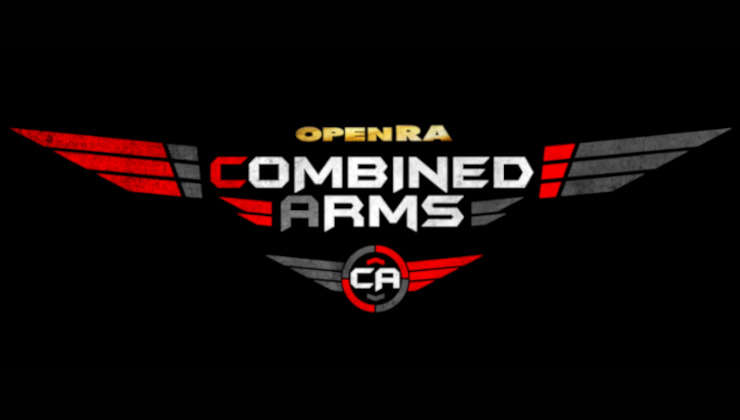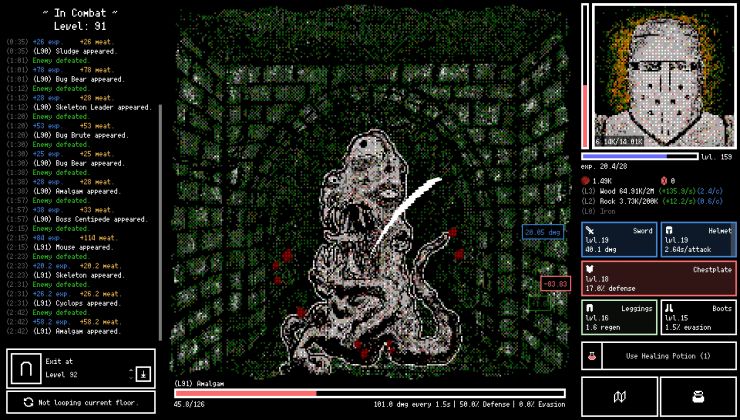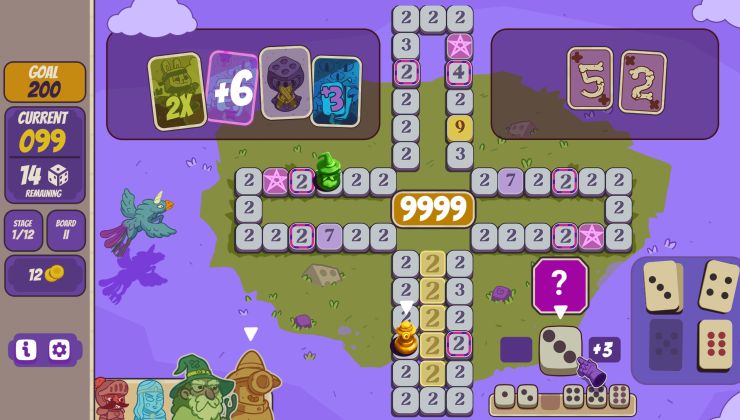OGRE, a classic open source graphics rendering engine has a major new release available and the first big release in some time.
What exactly is it? "OGRE (Object-Oriented Graphics Rendering Engine) is a scene-oriented, flexible 3D engine written in C++ designed to make it easier and more intuitive for developers to produce applications utilising hardware-accelerated 3D graphics. The class library abstracts all the details of using the underlying system libraries like Direct3D and OpenGL and provides an interface based on world objects and other intuitive classes".
Ogre 2.1 'Baldur' finally released yesterday, and it really does include some massive new features. Here's a rundown of the highlights:
- Hlms (High Level Material System) to generate shaders automatically. Replaces RTSS and manual shaders
- PBS – Physically Based Shading
- New Compositor. More flexible, faster and powerful
- Refactored Ogre 1.x to increase performance by several factors; using cache friendly techniques (Data Oriented Design), SIMD instructions, AZDO (Aproaching Zero Driver Overhead), auto instancing, and multithreading
- Windows Vista/7/8/10 support, macOS via Metal and OpenGL, iOS via Metal, Linux via OpenGL
- Many new features: Area lights, Parallax Corrected Cubemaps, Forward Clustered lights, HDR, Exponential Shadowmaps and more
Vulkan support didn't make it into this release, however it is something they're working on as they announced previously. Going by their FAQ, it's still firmly planned with Vulkan having more of a priority than D3D12.
See OGRE on the official site if you wish to learn more.
https://wiki.ogre3d.org/Ogre3D+Steam+Games+Sales+Charts
A few of those I would not have suspected to be on the list.
Ogre is frequently used when one wants custom 3D engine (i.e. don't want to use UE, Unity, Godot, ...) but do not want to write everything from scratch. It powers huge number of games. But it is low level and hardcore and you will need to add all the features (navigation, physics, ECS), etc. yourself.





 How to set, change and reset your SteamOS / Steam Deck desktop sudo password
How to set, change and reset your SteamOS / Steam Deck desktop sudo password How to set up Decky Loader on Steam Deck / SteamOS for easy plugins
How to set up Decky Loader on Steam Deck / SteamOS for easy plugins
See more from me